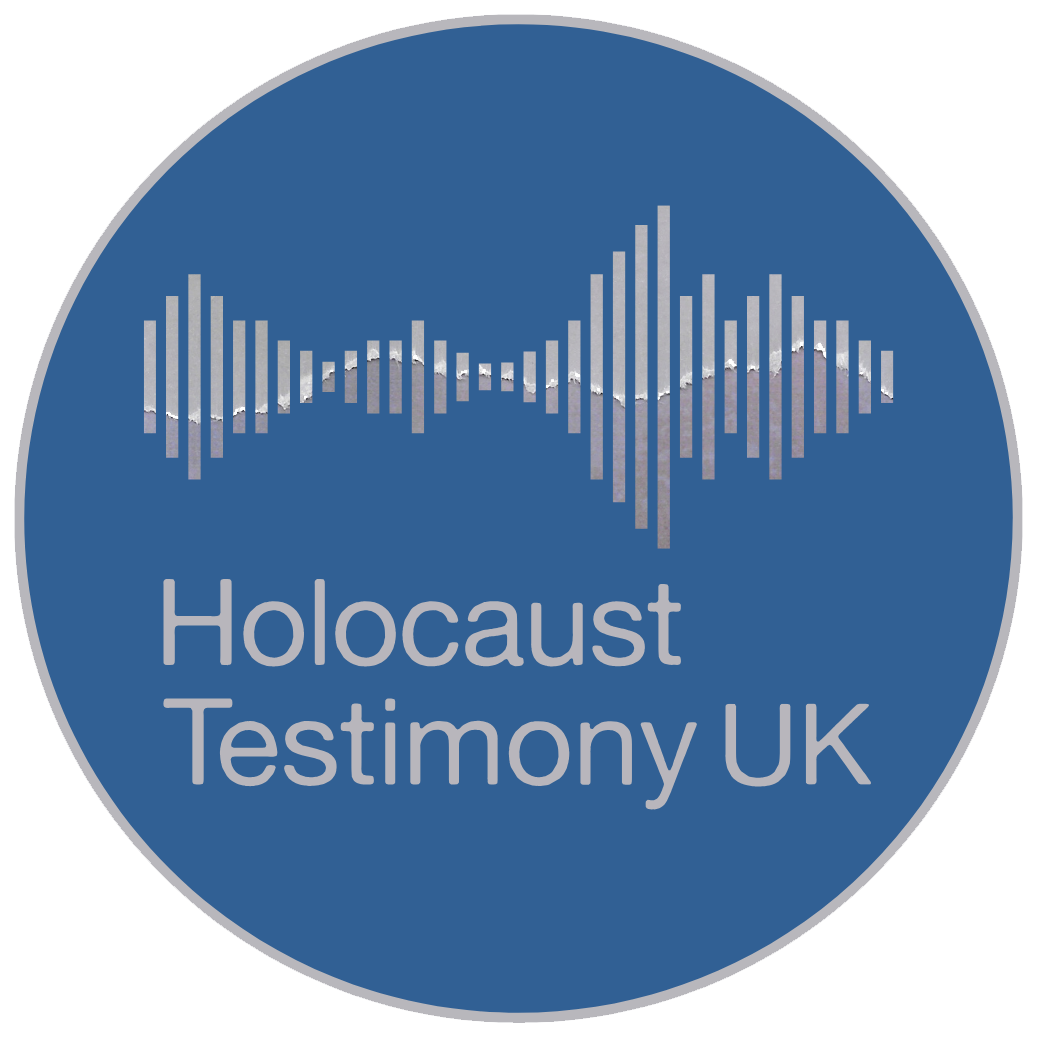top of page
<message>

Name
Born:
N/A
Place of Birth:
N/A
Date of Interview:
11/06/03
Place of Interview:
Interviewed by:
Name (Clickable)


It looks like this interview is hosted by one of our partners
Please click the link below to be redirected...
Visit Partner Website



INTERVIEW:
<name>
Born:
00/00/0000
Place of Birth:
Jedlinka Górna
<name>
Born:
00/00/0000
Place of Birth:
Institution:
<partnerName>
Collection:
Date of Interview:
11/06/03
Interviewed By:
Dr Rosalyn Livshin

Interview Summary
Richard Heymann was born in Blumenau, Silesia on 25 June 1918. He had two older sisters. His parents were born in Breslau, the nearest large town. They came from liberal Jewish families. He knew none of his grandparents and his father, a company director of a textile firm, died before his birth. His Hebrew name was Reuben Ben Reuben after his father. The family had to move from their company home in Blumenau and resettled in Breslau in a flat on the Tauentzienplatz. His mother received a pension from the firm and an uncle helped them. His mother's brother was a landowner and farmer and they spent many holidays on his farm. He attended the Liberal Synagogue and Cheder in Breslau and state schools and had a happy childhood. He was the only Jewish child in school at one time. His mother died when he was twelve and he went with a sister to a foster family called May. They had twoolder children.
He attended Habonim and a Jewish rowing club and after he left school he worked for a cabinet maker learning the trade. He did not see much trouble in Breslau although was aware of the anti-Jewish laws. The family hoped that everything would just blow over. They were not interested in Zionism. In 1938/9 he worked for the Jewish Kulturbund, helping to organise plays and shows.
On Kristallnacht the Liberal shul was set alight and his uncle was arrested. He was arrested the next day and sent to Buchenwald. He was not badly treated there but witnessed suicides and an execution in January 1939. The inmates in his camp were not sent out to work and were not given camp clothes. He was allowed out when his future father-in -law made arrangements for him to go to France. He married his seventeen-year-oldgirlfriend in Feb 1939 when he was twenty. His wife received a domestic permit for England and Richard was given a place for ninemonths in Kitchener Camp near Richborough. He arrived in England on 1 Aug 1939 and his wife came threeweeks later.
Richard was categorised as a friendly alien at a Tribunal and in Dec 1939 he joined the Pioneer Corps. He was sent to France, to Rennes, and returned in mid-1940 via St Marlow. He was stationed in a number of places including Bexley, where he helped to clear up after the Blitz. He spent a couple of years in Darlington, working on the railway and in 1944 was sent back to France, to Caen and then to Belgium to Bruges and Brussels. He became an interpreter to the military police and was given the task of rounding up all girls who were giving the troops syphilis. They were taken to the hospital for treatment. He became Lance-Corporal, Corporal and then Sergeant. He was de-mobbed in 1946 and returned to England. During his army days he played the accordion in a band and entertained the troops weekly both in England and abroad. After the war he became an independent milkman in Harrogate.

bottom of page

